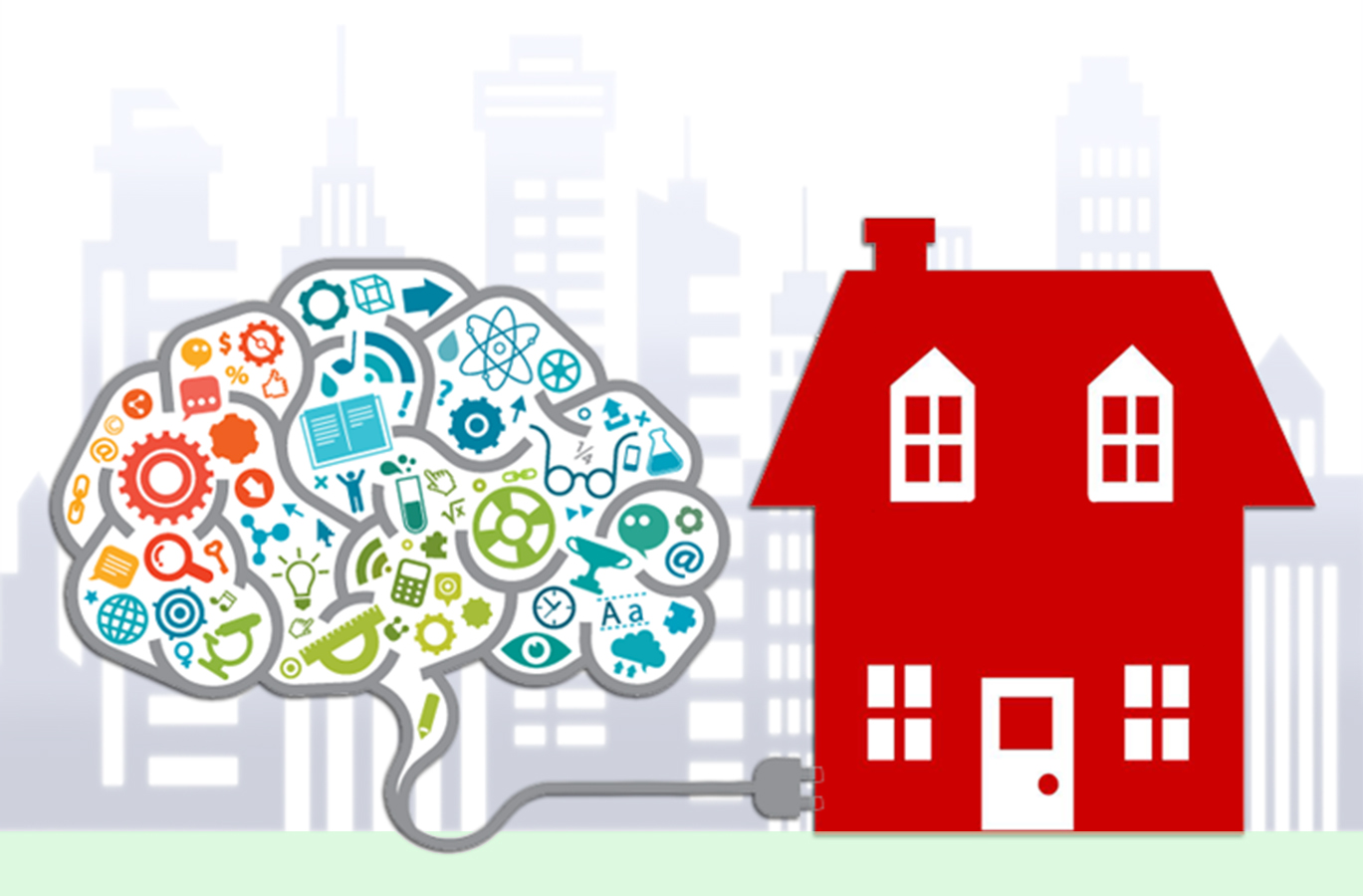Buying a home is a significant life decision that involves a complex interplay of financial considerations, personal preferences, and emotional responses. While many people approach homebuying as a purely rational process, the reality is that emotions play a crucial role in shaping our choices. In this article, we’ll delve into the psychology of homebuying and explore how emotions can influence decision-making throughout the homebuying journey.
1. The Emotional Rollercoaster of House Hunting:
House hunting is often an emotional rollercoaster that involves excitement, anticipation, and occasionally, frustration. The initial stage of exploring potential homes triggers emotions such as hope, as buyers envision a future in a new space. However, the process can also lead to disappointment and stress if expectations don’t align with reality.
Psychologists suggest that the visual appeal of a home can create an emotional connection. Factors like architecture, interior design, and overall ambiance can evoke positive emotions, making buyers more inclined to consider a particular property.
2. The Fear of Missing Out (FOMO) in Real Estate:
The fear of missing out, or FOMO, is a powerful emotion that can significantly impact homebuying decisions. In a competitive real estate market, the fear that a desirable property may slip away can drive individuals to make impulsive decisions. This sense of urgency can lead to buyers submitting offers quickly, sometimes without thoroughly considering all aspects of the purchase.
Real estate professionals often leverage FOMO by creating a sense of scarcity or emphasizing the uniqueness of a property. Limited-time offers, exclusive showings, and competitive bidding situations can intensify the emotional pressure on buyers.
3. Emotional Attachment and the Decision-Making Process:
Once a potential home captures a buyer’s emotions, it becomes easier for them to overlook certain flaws or compromises. Emotional attachment can cloud judgment, and buyers may find themselves more willing to stretch their budgets or overlook deal-breakers in the pursuit of a dream home.
To counteract the influence of emotions, experts recommend maintaining a balance between emotional connection and rational decision-making. Creating a list of non-negotiables and priorities can help buyers stay focused on their long-term goals and prevent impulsive choices based solely on emotional attachment.
4. The Anxiety of Financial Commitment:
The financial aspect of homebuying is a significant source of stress and anxiety for many individuals. Committing to a mortgage and long-term financial responsibility can evoke a range of emotions, including fear, apprehension, and even regret.
To navigate this emotional challenge, prospective buyers should engage in open communication with financial advisors, weigh the long-term benefits of homeownership, and ensure that they are financially prepared for the commitment. Understanding the financial aspects of the purchase can alleviate anxiety and contribute to a more confident decision-making process.
5. Post-Purchase Emotional Well-being:
The emotions associated with homebuying don’t necessarily end once the purchase is complete. Moving into a new home can bring a mix of emotions, from the joy of a new beginning to the stress of relocation. Adapting to a new environment and community can impact mental well-being, making it essential for individuals to prioritize self-care during this transition.
Conclusion:
The psychology of homebuying reveals that emotions are integral to the decision-making process at every stage. Acknowledging and understanding these emotions can empower buyers to make more informed and balanced decisions. By combining emotional awareness with rational analysis, individuals can navigate the complexities of homebuying and ultimately find a home that aligns with both their practical needs and emotional desires.




